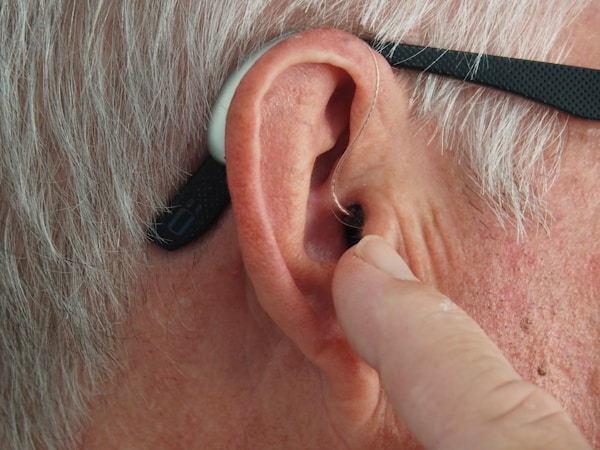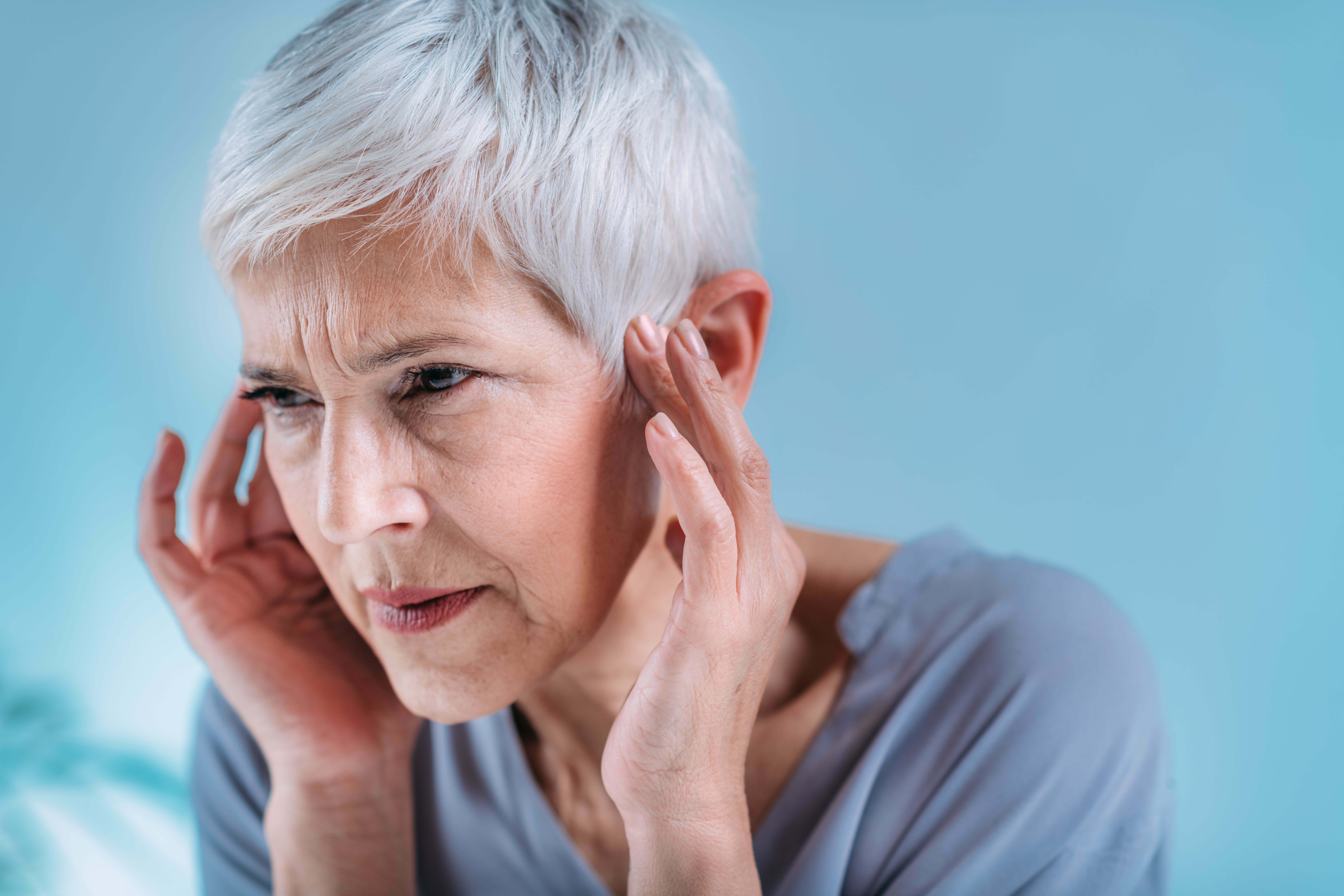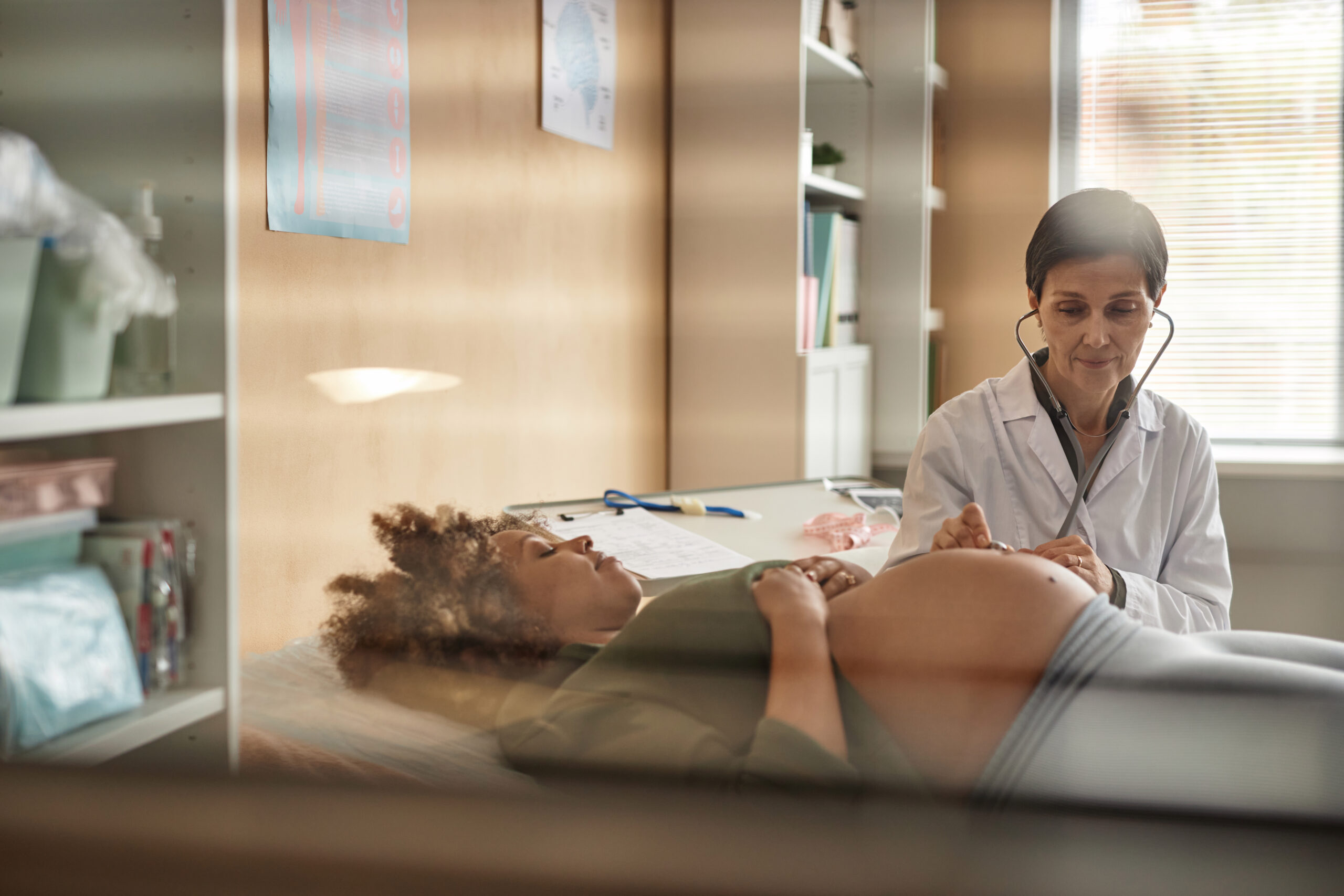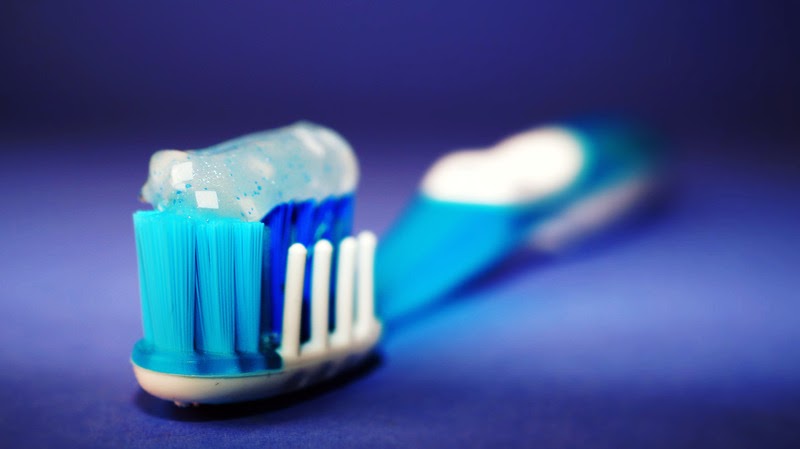As people age, they are more likely to experience hearing loss. This can be due to various factors such as exposure to loud noises, natural aging, and health conditions. Hearing loss can significantly impact an individual’s quality of life, including their ability to interact with others and participate in activities.
Hearing loss is a common problem in the elderly population. Although it is often considered a normal part of aging, hearing loss can impact other areas of life. Let’s take a closer look at the prevalence of hearing loss in the elderly population.
Detection of Hearing Loss

Hearing loss is one of the most common chronic conditions in adults aged 65 years and older. It affects 48 million Americans, including more than 30 percent of those aged 75 years and older. Hearing impairment can have a significant impact on quality of life, leading to social isolation and depression. The good news is that hearing loss can be treated successfully, often with hearing aids.
The first step in detecting hearing loss is to become familiar with the signs and symptoms. Common indicators include difficulty following conversation in groups, understanding consonants, frequently asking people to repeat themselves, feeling like others are mumbling, and increasing reliance on lipreading.
If you suspect that you or a loved one may be experiencing hearing loss, it’s important to get it checked out by a health care professional. A doctor will perform a physical exam and ask about your medical history and current symptoms. They may also refer you for a hearing evaluation. To find a hearing specialist in your area, you can search for “audiological evaluations in West Orange, NJ,” for example, to find a test where you live. Audiological evaluations are tests that measure a person’s ability to hear. They are used to diagnose hearing loss and other ear disorders. There are many different types of audiological evaluations, but all involve measuring the person’s ability to hear sounds at different volumes and frequencies.
Prevention of Hearing Problems
There are different strategies that can be used in order to prevent hearing loss in older adults. One of the most important is to ensure that older adults receive regular screenings for hearing loss, as it can often go undetected. Hearing loss can also be caused by other health conditions, so it is essential to get regular checkups from a doctor. Additionally, older adults should take steps to protect their ears from loud noises, which can damage the ear canal and cause hearing loss. Earplugs or noise-canceling headphones can help reduce the impact of loud noises on the ears. Finally, staying physically active can help keep the blood flowing properly to the inner ear and help preserve hearing function.
Treatment of Hearing Issues

One of the most common age-related conditions is hearing loss. The prevalence of hearing loss in the elderly population is high, and it can have a significant impact on quality of life. However, if you or a loved one experiences hearing loss, there are a few treatment options to help maintain a higher quality of life. The most common treatments are hearing aids and cochlear implants. Hearing aids are small electronic devices that amplify sound. They are worn in the ear and can help improve hearing in people with mild to moderate hearing loss. Cochlear implants are devices that are surgically implanted in the ear. They are used to treat people with severe to profound hearing loss. Cochlear implants work by bypassing the damaged parts of the ear and sending sound directly to the auditory nerve.
Assistive listening devices also help people with hearing loss hear better in noisy environments. They include hearing loops, which transmit sound directly to the ear through a hearing aid or cochlear implant, and FM systems, which transmit sound from a microphone to a receiver that is worn around the neck. You might also receive speech therapy, which can help people with hearing loss learn how to understand speech better. Finally, hearing loss support groups provide support and information for people with hearing loss and their families.
Senior care services provide support for older adults who are experiencing hearing loss. These services can help individuals stay connected with their community and maintain their independence. Services may include counseling and education on how to cope with hearing loss, referral to specialists or audiologists, assistance with communication strategies, and help to access technology that can make communication easier.
The prevalence of hearing loss in the elderly population is overall a significant issue. It can impact their quality of life and ability to communicate and lead to social isolation. There are a number of ways to prevent or mitigate hearing loss, so it is important for elderly adults to get their hearing checked regularly and take steps to protect their hearing.













